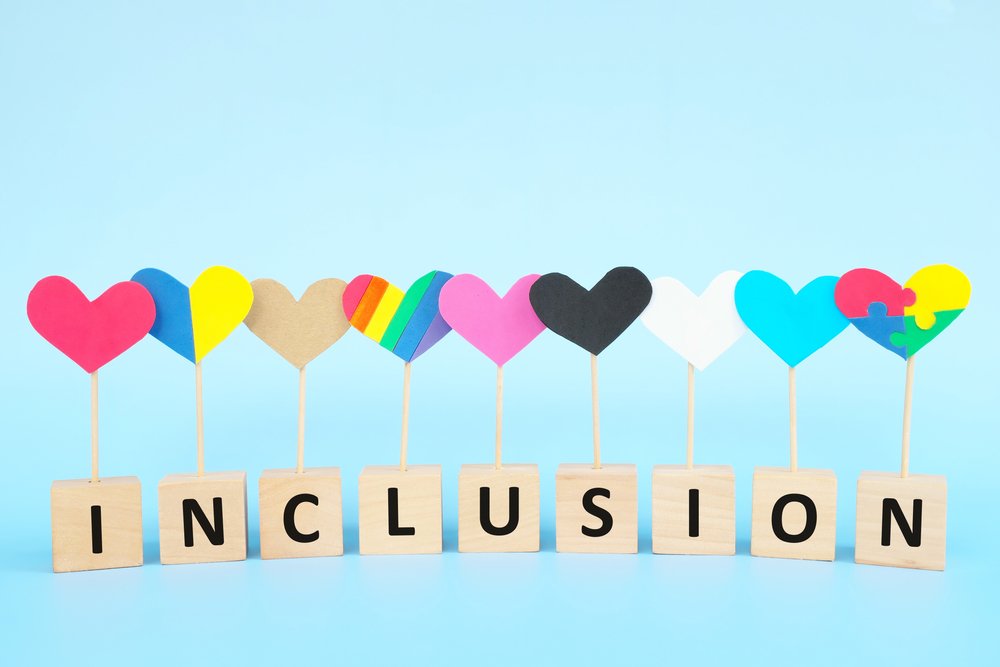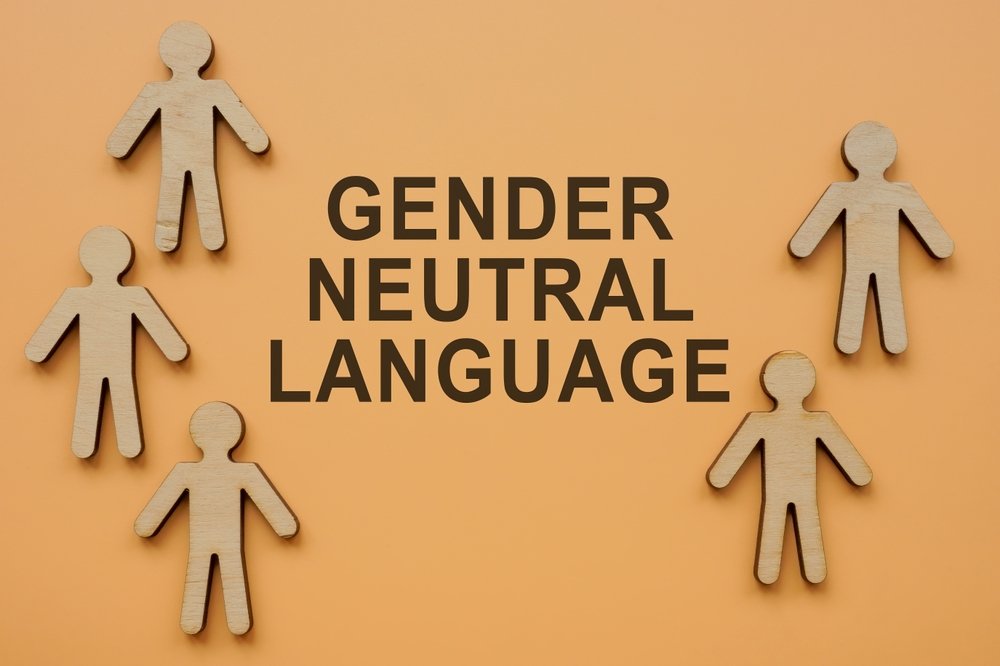
Insights
Stop the Registration! Understanding Trademark Letters of Protest
What happens if you notice a pending trademark application for a mark you believe to be confusingly similar to your mark? One lesser-known tool for challenging the registration of an infringing trademark is called a letter of protest (LOP). An LOP allows third parties to submit evidence to the U.S. Patent and Trademark Office (USPTO) to challenge the registration of a pending trademark application. Learn more about LOPs in this blog post.
Can an Idea Be Legally Protected?
In the world of innovation, one of the most common questions entrepreneurs, creators, and inventors face is whether their ideas can be legally protected. The short answer is: not directly. However, while ideas themselves are considered intangible and cannot be protected, there are ways to protect the expression or application of those ideas, including through copyrights, patents, trademarks, trade secrets, and NDAs. This blog post breaks it down.
Can You Copyright a Vibe? Exploring the Boundaries of Intellectual Property
In a recent widely reported lawsuit, one influencer filed a lawsuit accusing another influencer of copying her minimalist aesthetic on social media. As the influencer economy booms, and artists and creators push the boundaries of what constitutes a work of art, the question arises: can you copyright a vibe?
A Primer on the USPTO’s 2025 Trademark Application and Fee Updates
On January 18, 2025, the United States Patent and Trademark Office (USPTO) plans to introduce significant new changes and fees for trademarks to streamline and improve the trademark application and maintenance process. This blog post discuses the updates that will likely have the most considerable impact on applicants and mark holders, which include increased fees, the elimination of the TEAS Plus application, and new penalties for incomplete applications.
AI-Generated Deepfakes and U.S. Copyright Law: Findings of a New Report
The rapid advancement of artificial intelligence (AI) has introduced new and complex challenges to copyright law in recent years. One of the most pressing issues in this realm is the use of AI to create “deepfakes,” hyper-realistic AI-generated media that convincingly impersonate real people with astonishing accuracy. This blog post discusses a recent report issued by the U.S. Copyright Office on "deepfakes."
4 Strategies For Enforcing IP Rights on Social Media Platforms
Protecting your IP from infringement on social media can be a complex but crucial task since doing so can help safeguard your brand and assets. This blog post outlines four key strategies for enforcing your IP rights on social media platforms.
Using DMCA Takedown Notices to Enforce Copyright Online
In the digital age, where copyrighted information and content are constantly being shared and consumed on the internet, one crucial mechanism for addressing copyright infringement is the DMCA takedown notice. This blog post explains how businesses and creators can use DMCA takedown notices to remove infringing content from the web.
Using “Schedule A” Litigation to Combat Online Trademark Infringement
In today’s digital world, it is important for businesses to implement a multifaceted online enforcement strategy to protect their rights. Among the various legal avenues available to combat counterfeit goods and unauthorized use of trademarks, “Schedule A” lawsuits have emerged as a powerful tool. This blog post will explore what Schedule A trademark infringement litigation entails, how it works, and why it's essential for companies to understand this legal avenue.
The CrowdStrike Outage and the Importance of Requiring Limitation of Liability Carve Outs in Software Contracts
The recent global tech outage caused by CrowdStrike’s code issue may be the “largest IT outage in history,” but it's certainly not the first time we’ve seen the ripple effects on downstream businesses caused by major companies being hit by code and security flaws. Nor will it be the last. This blog post outlines the importance of including limitation of liability carveouts in software contracts to mitigate this risk.
SCOTUS and Flo Rida: What the Court Did—and Did Not—Decide About Copyright Damages
On May 9, 2024, the U.S. Supreme Court handed down its decision in Warner Chappell Music, Inc., et al. v. Sherman Nealy, et al. and held that if a copyright infringement lawsuit is timely filed under the discovery rule, copyright damages are recoverable for infringement that occurred prior to the Copyright Act’s three-year statute of limitations.
Trademark Infringement Damages Under the Lanham Act
Under the Lanham Act—the primary federal trademark statute in the U.S.—a successful trademark infringement plaintiff is entitled to monetary damages if the plaintiff can show that the infringement caused actual customer confusion or that the infringer was unjustly enriched by the infringing conduct. This blog post provides an overview of the types of damages available.
What Businesses Need to Know About the New Corporate Transparency Act
On January 1, 2024, the Corporate Transparency Act went into effect. This law is intended to assist law enforcement in combating financial crimes that can be done through shell companies and businesses that are merely a front for the operator’s illegal activities. Because failure to comply with the CTA can result in serious civil and criminal penalties, businesses should familiarize themselves with the new law.
3 Ways to Be Gender Inclusive in Litigation
The importance of gender inclusivity in the legal world extends to litigation, where small efforts toward inclusivity can make a big difference. Here are three ways to be gender inclusive in litigation.
When Can You Register Your Slogan as a Trademark?
In addition to registering trademarks for words that identify the source of a product—think of the trademark “Nike” for shoes—it’s also possible to trademark a slogan or phrase that customers associate with your brand. For example, slogans like “Just Do It” (Nike), “I’m Lovin’ It” (McDonald’s), and “Because You’re Worth It” (L’Oreal) have all been trademarked. If you want to trademark a slogan, however, there are a few unique challenges to keep in mind.
When Can Your Trademark Contain a Geographic Location?
It often makes sense to try to name your company or product after the location it comes from, especially if that place has some cache or other qualities you want customers to associate with the brand. However, it may surprise you to learn that your trademark application is likely to be refused if your mark contains a well-known geographic location. That’s because the United Stated Patent and Trademark Office (USPTO) will reject marks that are known as “primarily geographic descriptive.”
3 Ways to Craft Gender Neutral Contracts
American society has come a long way in recent years toward recognizing and affirming that one’s assigned sex at birth doesn’t always correlate with the person’s gender identity. Commercial and other contracts, however, are one area of life that hasn’t yet fully caught up. Believe it or not, gender can permeate all types of contracts—everything from IP agreements and NDAs to stock purchase agreements and employment contracts.
Memes and Copyright Law: Navigating a Legal Gray Area
Memes have become an integral part of our digital culture, providing laughter, commentary, and social engagement across the internet. However, the world of memes also exists in a legal gray area when it comes to copyright law. While memes may seem harmless and humorous, they can potentially infringe upon the intellectual property rights of others. Read on for a short exploration of how memes can violate copyright law and who should worry about enforcement.
Four Benefits to Hiring Lawyers With Varied Life Experiences
We pride ourselves on hiring lawyers with varied and rich life experiences (and leveraging that experience in our practice). Prior to working at ZVMLaw, our attorneys not only worked in a variety of legal settings—from big and small firms to in-house roles at public companies and family-owned businesses—but also held numerous non-legal roles, including working in law school administration, violin making, teaching, farming, and founding a startup company. While many excellent firm lawyers followed a more traditional path—from college to law school to practice—here are four benefits we’ve found to working with lawyers with varied life experiences.
Should Your Business Have an AI Use Policy?
The rise of generative AI engines such as ChatGPT and Bard has already had a considerable impact on the way that many people and businesses generate work product, reports, e-mails, social media posts, and a wide range of other content. These tools have the potential to enhance efficiency and productivity, but also carry significant risk for businesses that must be considered and mitigated by implementing a policy governing use of generative AI tools in the workplace.
What Should I Know About COPPA For My Online Business?
The Children’s Online Privacy Protection Act—or COPPA — is arguably one of the most expansive and harshest data protection laws, and failure to comply with it can cause numerous problems for online businesses. Here is an introduction to what your business needs to know to comply with COPPA.




















